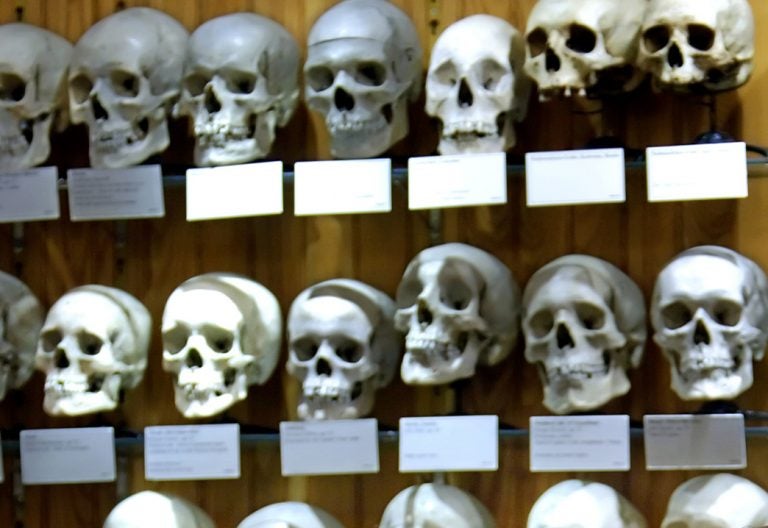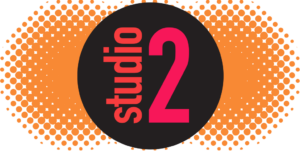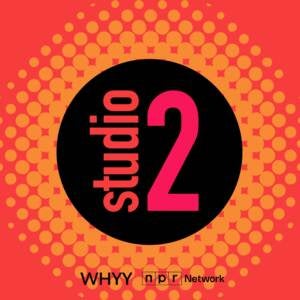Mütter Museum Controversy, the History of Pockets, the First Emoticon
Philadelphia's Mütter Museum is wrestling with ethical questions about its displays of human remains. Also, the invention of the pocket and the first emoticon :-).
Listen 50:39
A collection of skulls at the Mutter Museum Tuesday, April 5, 2005, in Philadelphia. (George Widman/AP Photo)
Emoticons are a popular way to express emotions in digital communication, consisting of combinations of keyboard characters to form facial expressions. Scott Fahlman, Professor Emeritus in Carnegie Mellon’s School of Computer Science, is credited with sending the first emoticon in 1982. His suggestion of using : – ) to indicate a joke or lightheartedness has since become a widely recognized symbol. Today, emoticons have evolved into a vast array of expressive symbols, enhancing our online interactions and adding a touch of personality to our messages.
The Mütter Museum of Philadelphia attracts hundreds of thousands of visitors each year who come to see the frank and macabre displays of human skeletons, preserved body parts and antiquated medical instruments. But now the medical museum is wrestling with ethical questions about how it displays human remains and the fear of big changes to the Mütter has caused an uproar among fans and some former employees. Executive Director Kate Quinn joins us to talk about the thorny questions the museum faces, its history, the concerns of its loyal fans, and balancing museum’s character and mission with the respect and honor owed to the individuals displayed in its halls.
We shouldn’t take pockets for granted, argues historian Hannah Carlson in her new book, Pockets: An Intimate History of How We Keep Things Close. These pouches in our clothing are full of meaning and carry a lot more than just keys, change, wallets and phones. Carlson shares the fascinating story of pockets and what they tells us about gender, power, and privacy.
WHYY is your source for fact-based, in-depth journalism and information. As a nonprofit organization, we rely on financial support from readers like you. Please give today.






